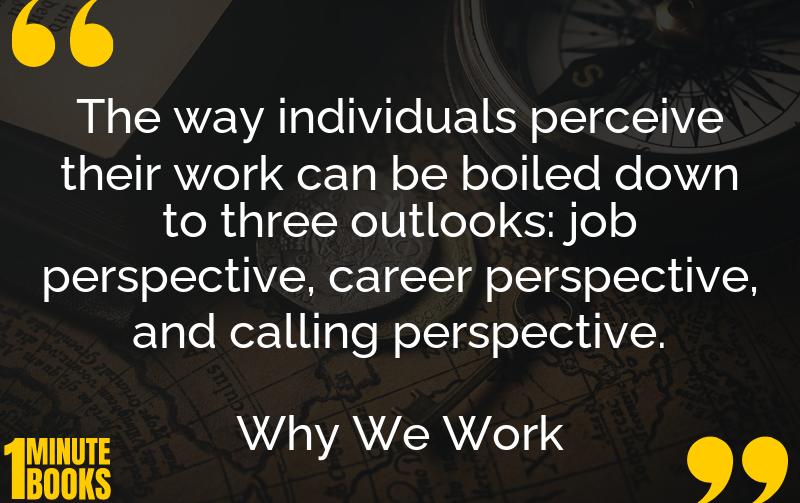
Barry Schwartz’s ‘Why We Work’ explores the diverse perspectives on work, emphasizing elements like autonomy and mission to enhance satisfaction and productivity.
Main Lessons
- Perception of work significantly affects job satisfaction: some view it as a job, others as a career, and some as a calling.
- Viewing work as a calling leads to the highest level of happiness and fulfillment.
- Autonomy in the workplace enhances trust, responsibility, and employee satisfaction.
- Investment in skill development makes employees feel valued and motivated.
- A company’s mission should be integrated into daily operations to increase alignment and purpose.
- Businesses often enter vicious cycles by reducing key elements like autonomy in challenging times.
- Overstructured environments and financial incentives can be counterproductive.
- There’s a need to distinguish between discovery (finding what exists) and invention (creating new).
- The belief in financial incentives as primary motivators often becomes self-fulfilling despite evidence otherwise.
- Efficiency should be measured beyond profit, considering employee satisfaction and productivity.
- Strategies to motivate and empower employees need to be reevaluated, moving beyond financial incentives.
- Current economic models need to account for emotional and social costs of labor.
- To break out of stagnation, companies should implement change proactively, not reactively.








